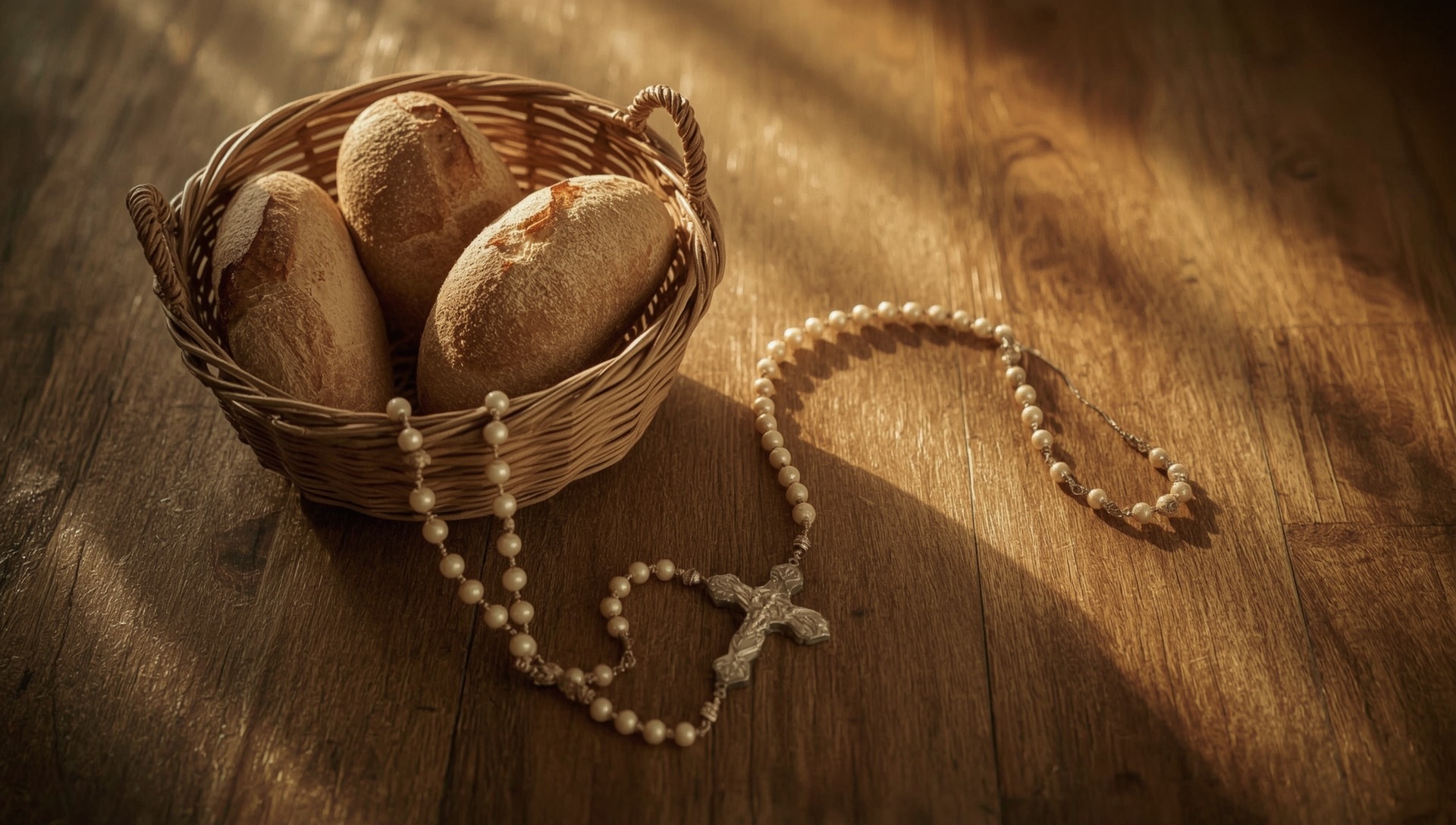Why the Poor May Be Closer to Heaven Than the Wealthy: A Forgotten Truth of the Gospel
Holy Highlights
Archives
Why the Poor May Be Closer to Heaven Than the Wealthy: A Forgotten Truth of the Gospel
SIGN UP FOR OUR NEWSLETTER
Why the Poor May Be Closer to Heaven Than the Wealthy: A Forgotten Truth of the Gospel |
Exploring the Spiritual Advantages of Material Poverty in Christian Teachings |
Throughout Christian history, the concept of poverty has been revered as a path to spiritual purity.
St. Francis of Assisi affectionately referred to poverty as "Lady Poverty," embracing it as a cherished companion in his quest for holiness.
For those in religious life, poverty stands as the foremost of the three sacred vows, underscoring its significance in spiritual discipline.
However, the Church does not mandate material poverty for all believers.
Recognizing the challenges and sufferings associated with poverty, it acknowledges that not everyone is equipped to bear such burdens.
Instead, Christians are called to practice spiritual poverty, a detachment from worldly possessions and a deep reliance on God's providence.
Whether one resides in a modest dwelling or a grand estate, the directive remains: avoid undue attachment to material goods and trust wholly in God.
Material poverty can serve as fertile ground for cultivating spiritual poverty.
When resources are scarce, individuals often become more acutely aware of their dependence on divine provision.
Conversely, those with abundant wealth might find it challenging to recognize this dependence, as their needs are readily met by their own means.
As noted in the Gospel of Matthew, Jesus remarked on the difficulty for the rich to enter the kingdom of heaven, illustrating the potential spiritual hindrance posed by material wealth.
Saints throughout history have attested to the transformative power of embracing poverty.
St. Maximilian Kolbe exemplifies this journey.
His life of material simplicity prepared him for the ultimate sacrifice—offering his life in place of another at Auschwitz.
His daily practices of self-denial and reliance on God's providence fortified his spirit, enabling him to face martyrdom with grace.
St. Maximilian's commitment to both material and spiritual poverty was evident in his monastic life.
He and his fellow friars lived with minimal comforts, often sleeping on wooden floors and subsisting on simple diets.
Despite lacking financial resources for his ambitious projects, he placed unwavering trust in divine providence, and time and again, his needs were met.
His life underscores the belief that material poverty can be a training ground for spiritual richness.
Addressing the presence of poverty in society presents a moral challenge.
Scripture acknowledges that poverty will always exist, as stated in Deuteronomy: "There will always be poor people in the land."
Jesus echoed this sentiment, reminding us that "the poor you will always have with you."
These passages suggest that poverty is not merely a problem to be eradicated but a reality that calls for compassionate response.
Modern ideologies often view poverty as a flaw to be corrected, attributing it to personal failings or systemic issues.
While it's essential to address factors like mental health and addiction, it's equally important to recognize that the poor are not problems to be solved but individuals to be loved.
Embracing this perspective prevents the dehumanization of those in need and fosters genuine compassion.
Material poverty, when observed in others, can be challenging to comprehend and accept.
However, the Catholic response emphasizes seeing Christ in the poor and responding with generosity.
By sharing our resources, we practice detachment from material wealth, drawing closer to the experience of the poor and cultivating spiritual poverty within ourselves.
The objective is not to possess nothing but to recognize that without God, we have nothing.
Such trust liberates us from excessive attachment to worldly possessions and guides us toward sanctity, paving a path to heaven. |

